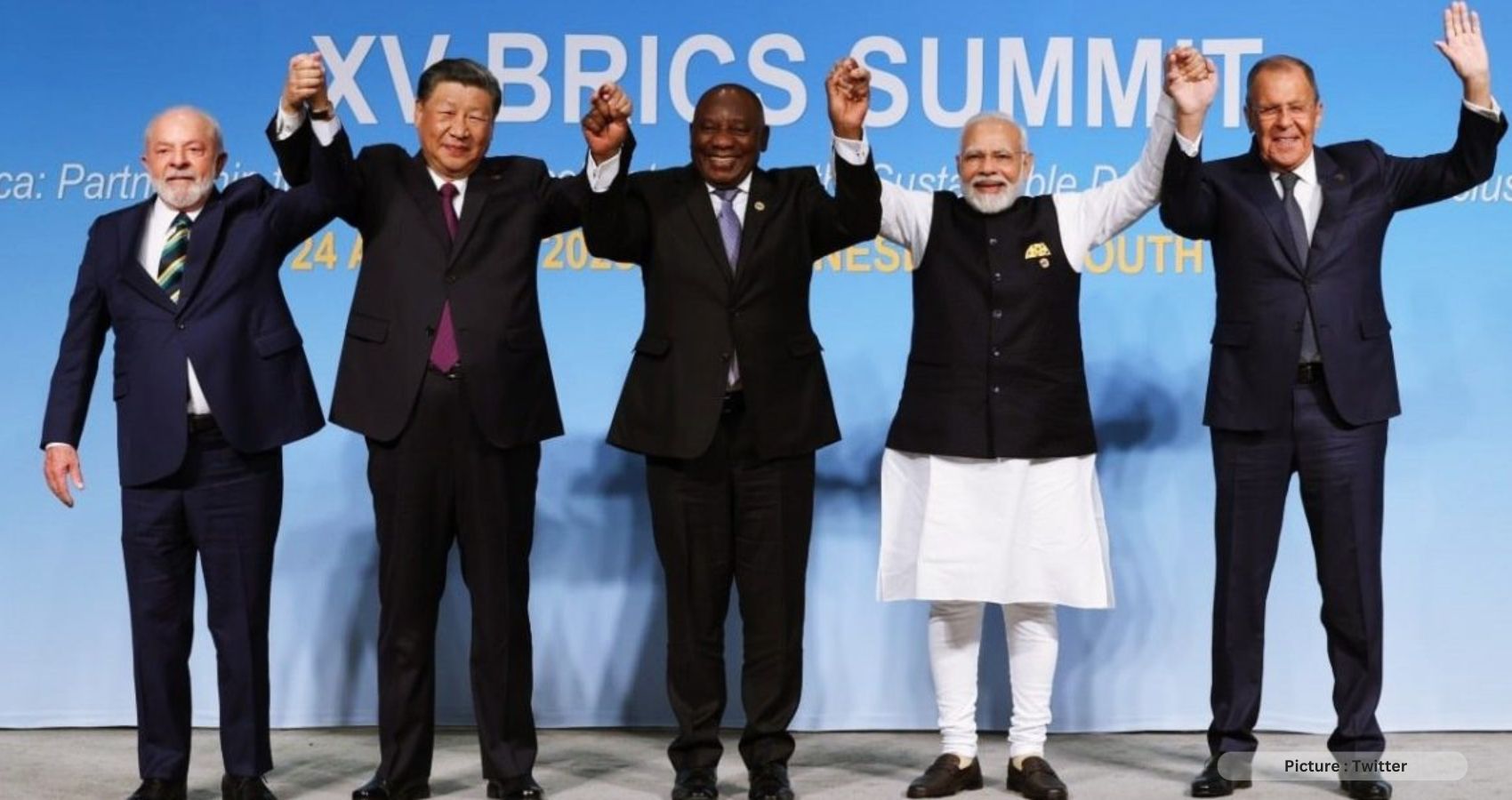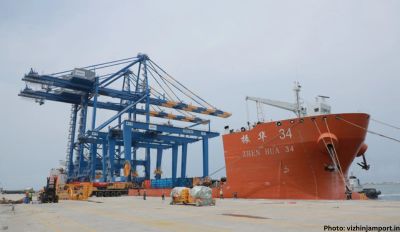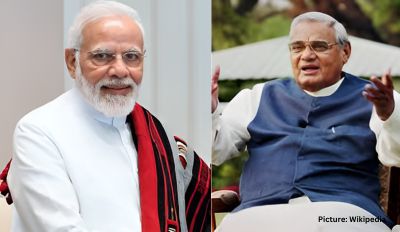The Global Talent Competitiveness Index has witnessed a significant decline for India, plummeting from the 83rd position a decade ago to the 103rd rank in the latest report released earlier this month. Among 134 countries evaluated, India finds itself positioned between Algeria, ranked 102, and Gautemala, ranked 104, both categorized as lower-middle-income countries. This places India well below the median score of the countries assessed. Notably, India’s current standing in the index is the lowest among BRICS nations.
Developed by the renowned chain of business schools, INSEAD, the Global Talent Competitiveness Index serves as a measure of how countries and cities grow, attract, and retain talent. The index comprises two sub-indices: input, which assesses regulatory and business environments, as well as efforts to foster and retain talent, and output, which evaluates the quality of talent.
India’s decline in the GTCI is particularly worrisome, considering the government’s frequent reference to scores on various business indices such as ‘Ease of Doing Business’ and the controversial World Bank-led ‘Doing Business’ scores to bolster its case. Notably, the World Bank Report on ‘Doing Business’ was discontinued due to irregularities in its measurement.
India’s performance in the GTCI stands in stark contrast to other emerging countries that have shown improvement on this index. China, Indonesia, and Mexico, in particular, have been highlighted for their noteworthy progress. China, for instance, has transitioned from being a talent mover to a talent champion, while Indonesia has made significant strides in talent competitiveness over the past decade. Mexico has transformed from a talent laggard to a talent mover, and Brazil is on track to potentially categorize as a talent mover.
In the context of BRICS nations, China leads the group with a rank of 40, followed by Russia at 52, South Africa at 68, and Brazil at 69. In contrast, India’s rank of 103 is the lowest among BRICS countries.
The report emphasizes that India’s talent competitiveness witnessed an increase up to 2020 but has regressed in each of the three subsequent years. A primary factor contributing to this decline is a downturn in business sentiment, significantly impacting the ability to attract talent, with India now ranked 132nd out of 134 in this aspect. This decline extends to both attracting talent from overseas (127th in External Openness sub-pillar) and within the country (129th in Internal Openness).
The report also highlights an increased skills mismatch and greater difficulty in finding skilled employees, positioning India at 121st in both the ‘Employability’ sub-pillar and the ‘Vocational and Technical Skills’ pillar. However, it does acknowledge India’s strength in the ‘Global Knowledge Skills’ category, where innovation and software development contribute to its 69th position in the Talent Impact sub-pillar.
In terms of global rankings, Singapore, Switzerland, and the United States hold the top three positions. European countries continue to dominate the ‘Top 25’ rankings, with Japan dropping out for the first time, and South Korea ascending to take its place.
Despite the debates surrounding India’s position on various business indices, experts argue that focusing on whether the current situation can be labeled a genocide is a misplaced emphasis. Some scholars, like Verdeja, express the view that debates on this matter divert attention and time from addressing the ongoing crisis, stating, “Proving whether something is a genocide takes time and does not actually stop people from being killed.” Hinton concurs, asserting that the fixation on defining a specific moment as genocide can lead to a rigid focus, obscuring the broader perspective of addressing the immediate challenges and finding solutions.
In the broader context, scholars note the significance of using the term genocide to describe specific situations. Segal cites the example of the U.S. government’s refusal to label crimes against the Hutus in Rwanda as genocide, as doing so would have obligated intervention. This lack of action allowed the massacre to continue unabated. Segal emphasizes the importance of naming a situation for what it is, stating, “Without sticking to the truth, we’ll never have a truthful reckoning of how we arrived at the seventh of October, and how we go forward.”











